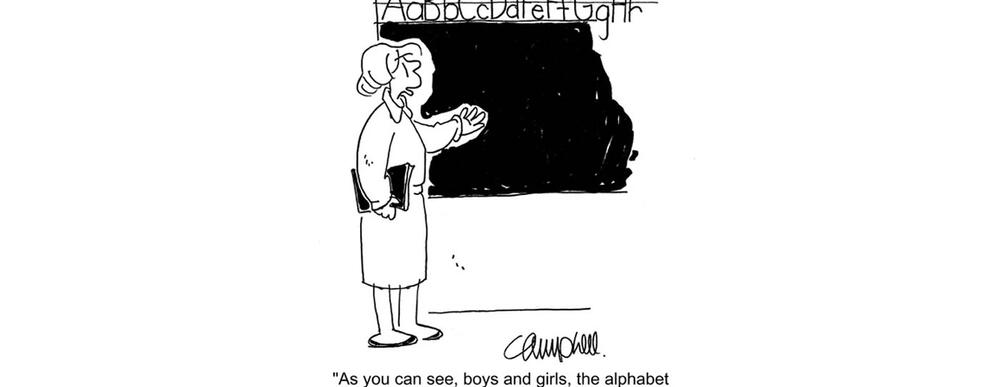Posted on Jun 12, 2022 |
The rules about which words can and cannot be capitalized in titles and other text vary depending on the language. Normal writing usually uses lowercase letters, although, for various reasons, you can write words, phrases and even entire texts entirely with capital letters; but the usual thing is that capital letters are used only in the initial position of the word, and their appearance is conditioned by different factors.
These rules in Spanish language are not really a very complicated subject, although "La RAE" (Royal Spanish Academy) does provide quite extensive documentation on this subject, we have summarized it in simple guidelines. Let's start with the basics... The normal way of writing is doing it in small letters called lowercase. Capital letters are the ones that, in relation to lowercase letters, have a larger size and are generally written differently.
The purpose of writing in capital letters in most cases in today's writing is to highlight certain words or sentences that we want to attract the reader's attention. Now, there are numerous cases in which it is correct and even necessary to write in capital letters and others in which it is not. Below we present a set of basic rules that will help you know when you should write in capital letters in the Spanish language.
Some of these rules are shared with other languages, but they are still important rules to share here.
At the beginning of any sentence and followed by the punctuation mark
The first letter of a sentence will always be capitalized and also after the punctuation mark. Remember that a sentence always begins at the beginning of a paragraph or followed by a punctuation mark. Likewise, in certain cases they are written in capital letters after the colon.
Example:
“Hoy debo ir a la facultad. Mañana tengo mis clases de violín. (Today I must go to college. Tomorrow I have my violin lessons).”
John said: "Será un buen día para todos (It will be a good day for everyone.)"
In names and acronyms
All proper names and common names used to designate a person instead of the proper name are capitalized, this rule is fairly consistent with most languages. Those articles and adjectives that accompany these nouns are also capitalized.
Examples:
“Jennifer”, “el Mantuano (the Mantuan) // for Virgilio“, “FBI (Federal Bureau of Investigation)”.
In whole words or phrases
The titles of printed books and their respective chapters are capitalized, as well as the headers of newspapers and magazines and in the inscription on monuments.
Examples :
“LA NACIÓN (THE NATION), “LA HISTORIA DE UN PEPE (THE STORY OF A PEPE)”
In names or words of importance in certain disciplines
Important words or names in some discipline of human knowledge are capitalized. So also the names of geographical areas, religious divinities, galaxies, trademarks, urban spaces, the names of historical periods, the names of entities, the signs of the zodiac and others.
Examples :
America, Jehovah, Milky Way, Nike, Paseo de Recoletos, Stone Age, etc.
In specialized texts
In texts that belong to a particular legal discipline, such as legal or administrative documents, those verbs that present the main objective of said texts are written in capital letters. These are frequently sentences, decrees, sides, edicts, and others.
Examples :
“EXPONE (EXPOSE)”, “SOLICITA (REQUEST)”.
Capital letters and the use of accents
The use of capital letters does not prevent the accentuation of words, however, technically it is also considered correct to write capital letters without an accent. Take into account that only the acronyms do not have an accent.
Latest Posts
-
Easter Week 2025 Schedule Processions Antigua Guatemala
- Mar 02, 2025 -
Ten Beautiful Words in the Spanish Language
- Jul 13, 2024 -
Easter Week 2024 in Antigua Guatemala
- Feb 04, 2024



